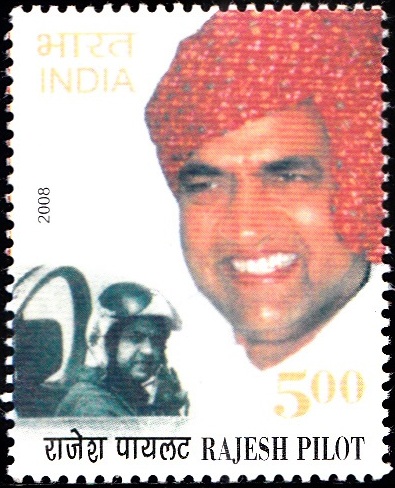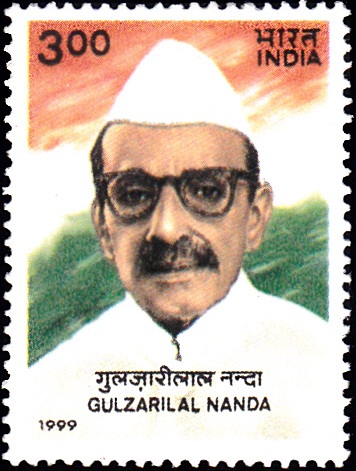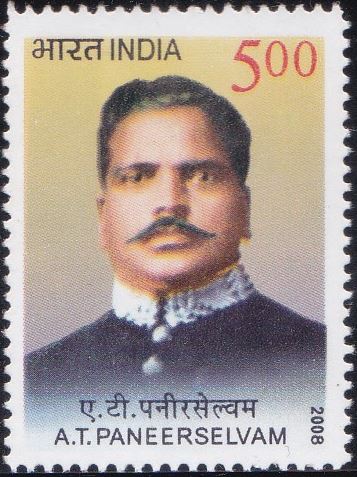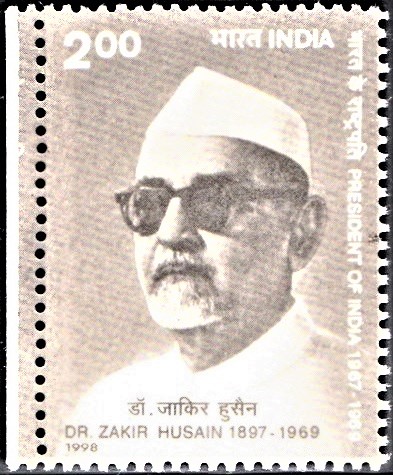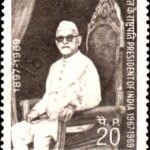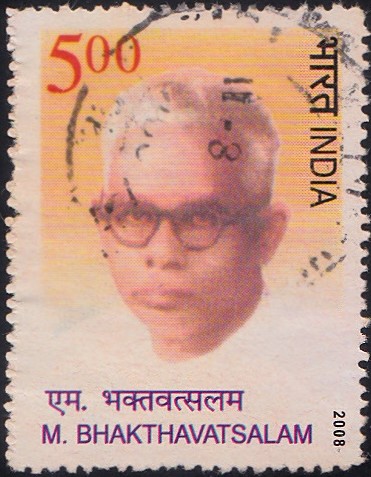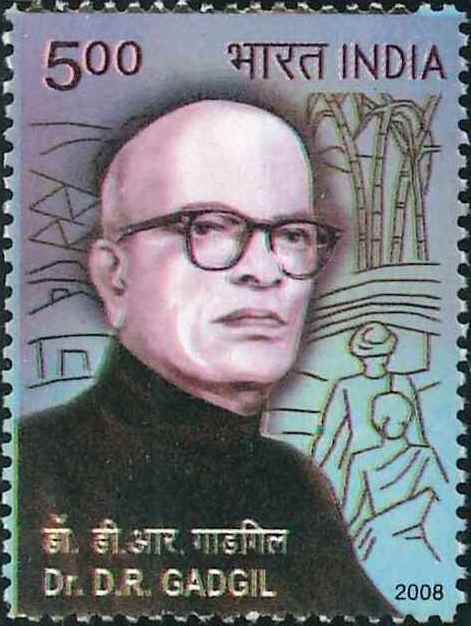
Dhananjay Ramchandra Gadgil
A commemorative postage stamp on Dr. D.R. Gadgil, founder Director of Gokhale Institute of Politics and Economics, Pune :
 Issued by India
Issued by India
Issued on Feb 8, 2008
Issued for : The Department of Posts is proud to release commemorative postage stamp on Dr. D.R. Gadgil.
Credits :
Stamp & FDC : Sankha Samanta
Cancellation : Alka Sharma
Type : Stamp, Mint Condition
Colour : Multi colour
Denomination : 500 Paise
Stamps Printed : 0.4 Million
Printing Process : Photogravure
Printer : India Security Press, Nasik
Name : Dhananjay Ramchandra Gadgil
Born on Apr 10, 1901 at Nasik, Maharashtra, India
Died on May 3, 1971
About :
- Dr. D.R. Gadgil, one of India’s Great economists, belonged to that rare and exclusive class of learned men who have been able to successfully combine an illustrious academic career with an equally active role in the real world. He gave birth to a vision of a dynamic rural society based on the co-operative movement and its power to transform society.
- Born on 10th April 1901, Dr. D.R. Gadgil spent his childhood in Nagpur and received his B.A. and M.A. degrees in History and Economics from Cambridge University. He followed this up with a thesis on the “Industrial Evolution of India” in 1923, which was published by Oxford University Press in 1924. In spite of his calibre, he refused to appear for the I.C.S. examination, rather preferring to pursue a career in academics. While searching for avenues to pursue his ambition he took on a job in the Finance Department of Government of Bombay. When the offer to become the Principal of M.T.B. College in Surat came in 1925, he immediately accepted it. In 1930 he took charge as the Founder-Director of the Gokhale Institute of Politics and Economics, a position he held for the next 36 years. In 1966 he was nominated to the Rajya Sabha, and from 1967-71, he served as the Deputy Chairman of the Planning Commission.
- His intellectual interests were varied, and he wrote on, and worked in, the field of agricultural finance and rural cooperatives, regional planning and development issues, urban economics and economic history. His early research studies, based on economic surveys and investigations of surrounding areas and problems makes him one of the pioneers of a tradition of rigorous empirical economic research in India. His survey of rural reconstruction is a monumental document, spelling out guidelines for action. During the three decades of his stewardship, the Gokhale Institute became a leading centre for research and planning socio-economic development in general and rural development in particular.
- What he is really remembered for is his association with the co-operative movement in India. He was very much a man of action and felt that economic theories should be tested in real life situations. His association with the cooperative movement started in the 1930’s as a Director of Poona Central Cooperative Bank. He also went on to chair the Maharashtra State Cooperative Bank and the National Federation of Cooperative Banks. During his association with these organizations he put into practice his theories on providing credit to farmers. As Chairman of the then Bombay Provincial Cooperative Bank, Gadgil used the bank as a platform for initiating the crop loan scheme. This aimed at shifting emphasis from real property to the crop as security, and related the size of the loan to the requirements of the farmer. He was instrumental in establishing the first cooperative sugar factory in Maharashtra, which formed the starting point for the cooperative sugar industry in Maharashtra. He also served as the Chairman of the National Federation of Cooperative Sugar Factories and the National Cooperative Union.
- As the principal author of the Fourth Five Year Plan, he was not only instrumental in introducing decentralized planning at the district level, but also in devising measures for reducing regional imbalances. His approach was always realistic. Judging by the number of schemes, policies or plans that he authored, Dr. D.R. Gadgil would stand very high in the ranks of the builders of modern India.
- Text : Based on material provided by the proponent.
Subscribe
Login
0 Comments


